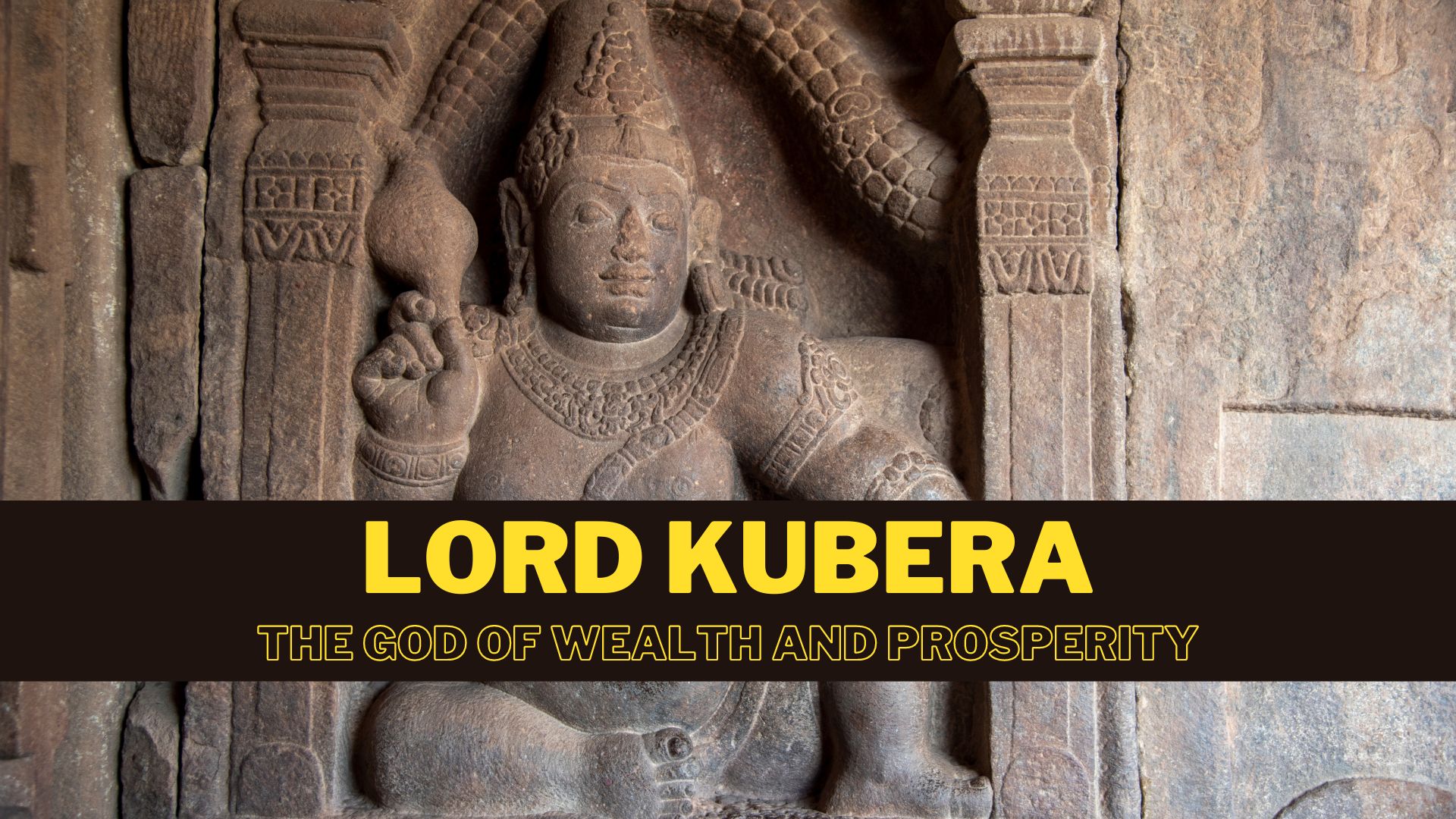
Introduction:
Lord Kubera, often referred to as the Hindu god of wealth and prosperity, holds a significant place in Hinduverse and is revered for his association with material wealth and abundance. Kubera, also known as the treasurer of the gods, is a deity who plays a crucial role in the spiritual and material aspects of life. This article delves into the origin, symbolism, and worship of Lord Kubera.
Puranic Origins:
Lord Kubera finds his roots in Hinduism, primarily in the Puranas, ancient Indian scriptures that narrate the life of gods, goddesses, and various spiritual beings. Kubera is often mentioned in the Ramayana and the Mahabharata, two of the most revered epics in Hinduism.
According to the legend, Kubera is the son of the sage Vishrava and is often associated with the city of Alaka in the Himalayas. His stepbrother, Ravana, the antagonist in the Ramayana, is said to have acquired immense wealth and power through intense penance and worship of Lord Shiva. However, Kubera's devotion and righteousness in handling his wealth set him apart as a god worthy of veneration.
Symbolism and Attributes:
Kubera is typically depicted as a stout figure adorned with jewels, sitting on a throne, and holding a mongoose in his hand. The mongoose is a symbol of wealth, as it is believed to vomit jewels when Kubera strokes it. The imagery of Lord Kubera often includes symbols of prosperity, such as a pot overflowing with gold coins.
As the god of wealth, Kubera is not only associated with material affluence but also with the spiritual significance of wealth. In Hindu philosophy, wealth is considered a means to fulfill one's duties (dharma) and contribute to the welfare of society. Lord Kubera embodies the idea that material prosperity can be utilized for the greater good and spiritual well-being.
Worship and Festivals:
Devotees of Lord Kubera often engage in special prayers, rituals, and worship to seek his blessings for wealth and prosperity. The festival of Akshaya Tritiya is considered auspicious for invoking the blessings of Kubera. During this festival, people perform rituals and make offerings to the deity, believing that any venture initiated on this day will bring perpetual success and prosperity.
Apart from Akshaya Tritiya, Kubera is also worshipped during Diwali, the festival of lights. It is a common practice to clean and decorate homes, light lamps, and perform pujas dedicated to Lord Kubera during Diwali, with the belief that it will invite prosperity and good fortune into the household.
Conclusion:
Lord Kubera, the god of wealth, transcends mere materialism in Hinduism. His symbolism goes beyond opulence, emphasizing the responsible use of wealth and the balance between material and spiritual well-being. As devotees continue to seek his blessings for prosperity, Lord Kubera remains a revered deity whose stories and teachings resonate across generations, imparting valuable lessons on the significance of wealth in a broader, holistic context.
NEXT ARTICLE

Shri Ramachandra Prasad's captivating narrative and the hot chai that was served at the right time transported me to ancient Kerala, where the extraor...

Introduction In Bharatvarsha, History is not the account narrated by victors. It is the record left behind by survivors. The study of Indian History...

It is the first-half of the 8th Century C.E. in South India. The Pallava kingdom possesses strength and prosperity with some of the greatest monument...